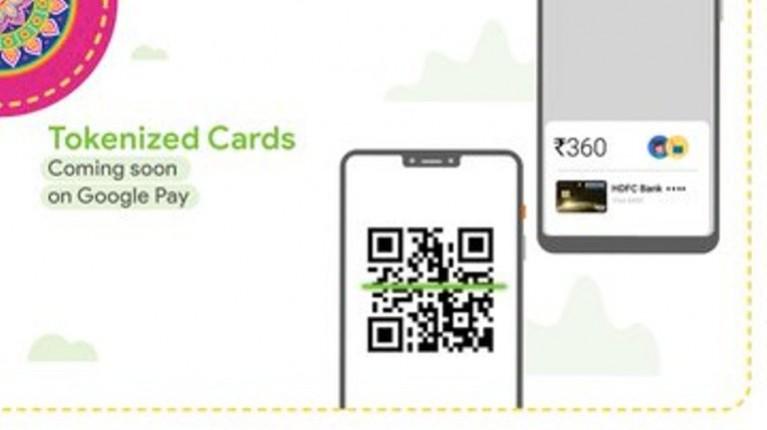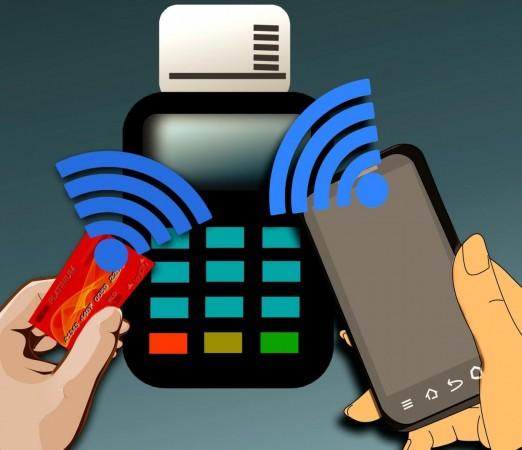A few years ago, the notion of going to buy groceries or to get a haircut or even go on a date without your wallet would seem absurd. Fast forward to 2020 and your smartphone is everything you need. You can confidently go out, fill up fuel, buy groceries, go to a salon - all without your wallet as long as your smartphone has a mobile wallet.
Narendra Modi-led Indian government launched a Digital India campaign back in 2015 with an aim to provide seamless digital payment to all citizens of India in a convenient, easy, affordable, quick and secure manner. A year later, when demonetization happened to strip the economy of its black money, promote the digital India movement, and make India a cashless economy, digital transactions skyrocketed as a result of empty ATMs.
But all that's in the past and the digital payments have become the norm in India - at least in the urban more than its rural counterparts. This government's Digital India push turned the once-niche category into a mainstream battleground for FinTech companies.

Few old players, many new challengers
Back in the day, there were handful of mobile wallets such as PayTM and PhonePe, which witnessed an unprecedented rise in the online transactions. Soon after, the digital payment market in India got a whole lot competitive with giants like Google, Amazon, WhatsApp, and most banks like ICICI, HDFC, SBI launching their own mobile wallets to seize the opportunity.
It was no longer a monopoly.
Looking at the latest statistics, it looks like the players, which once dominated the space, are overthrown by new rivals. According to a report by Entrackr, Google Pay dominated the peer-to-peer payments, and PhonePe, which was a market leader as recent as last year, stood tall in the peer-to-merchant payments category.

"Where UPI had clocked 999.57 million transactions, Google Pay registered around 430 million in P2P volume," said one of the sources requesting anonymity. "PhonePe and Paytm recorded over 365 million and 125 million transactions, respectively."
Coronavirus impacts digital payments
But as the competition has intensified in the past few months, the Unified Payments Interface (UPI) backed by National Payments Corporation of India (NPCI) was severely impacted by the coronavirus pandemic. UPI payments registered a 21% fall in transactions in April as compared to the previous month.
The report also quoted a Paytm Payments Bank spokesperson as saying that they have reduced their dependency on UPI.

"We will continue to reduce dependency on UPI and focus on the wallet & direct bank transfers. When it comes to merchant payments, Paytm has majority market share offering multiple payment methods," the spokesperson said, Entrackr reported. But PMCares Fund was a booster for UPI as the top three UPI apps recorded decent amount of transactions by the means of donations from people across the country during the COVID-19 pandemic.















